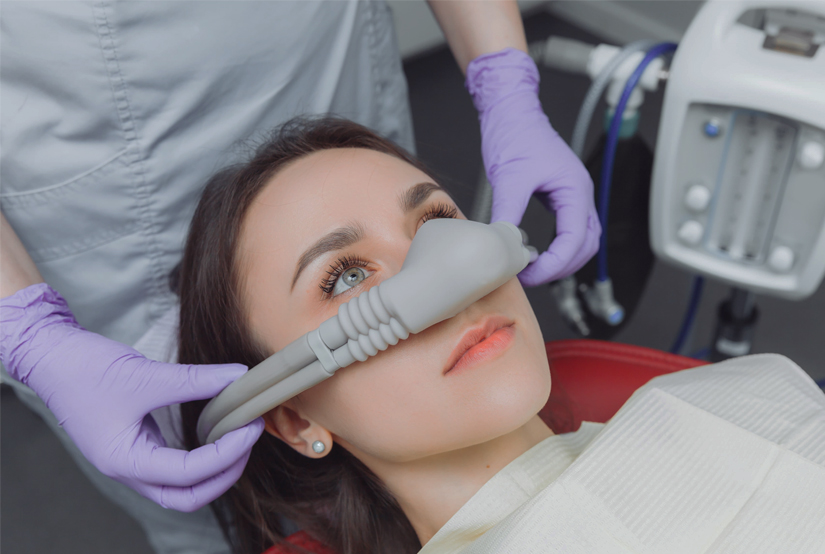100 Ridgeview Drive, Suite 101 Cary, NC 27511 US

Professional Sedation Dentistry
Sedation helps reduce stress
Pain won't be an issue
You won't need to return as frequently
Everything will be less scary when you take advantage of sedation
Ways to Relieve Anxiety
Oral Sedation — Oral sedation (given by mouth) is a popular option for many people precisely because it does not require the use of needles. Oral sedatives are either swallowed whole in pill form or can be dissolved under the tongue. Both methods work in a matter of minutes. A variety of oral sedative and anxiolytic (anxiety-dissolving) medications have been developed through extensive research and testing to make your experience of dental treatment as comfortable and relaxing as possible. All have long safety records after decades of use, and several even have “amnesic” properties, meaning you will remember little to nothing, even though you are conscious throughout the treatment. Commonly prescribed medications include Valium®, Halcion®, Sonata®, Ativan®, Vistaril®, and Versed®. To learn more, view our chart on Types of Oral Sedatives
Inhalation Conscious Sedation — Nitrous oxide, a sedative you inhale, has been used in dental offices for nearly 100 years. It is a relatively poor pain reliever but a very good anti-anxiety medication. It is administered through a nasal hood, which resembles a small cup that is placed over your nose. The oxygen mixed with nitrous oxide provides a light-headed or even euphoric feeling, which is quick to wear off so there is no “hangover” effect. All bodily functions remain essentially normal during the use of this sedative, which is very safe.
IV Conscious Sedation — Sedatives delivered directly into the bloodstream intravenously (into the vein) are more potent than when taken orally, and the amnesic effects may be more profound. Because IV sedation has an almost immediate effect on the body and its functions — including heart rate, blood pressure and breathing — there is a higher degree of risk associated with it than with other types of sedatives. There is also a higher level of training required for those who administer it. As with all sedation (except nitrous oxide), you must be monitored with specialized equipment throughout your IV sedation treatment. The main advantage is that drugs administered this way work immediately and the level of sedation can be adjusted more quickly and easily. And with most sedatives, you won't remember a thing about your dental procedure after the sedative wears off.

